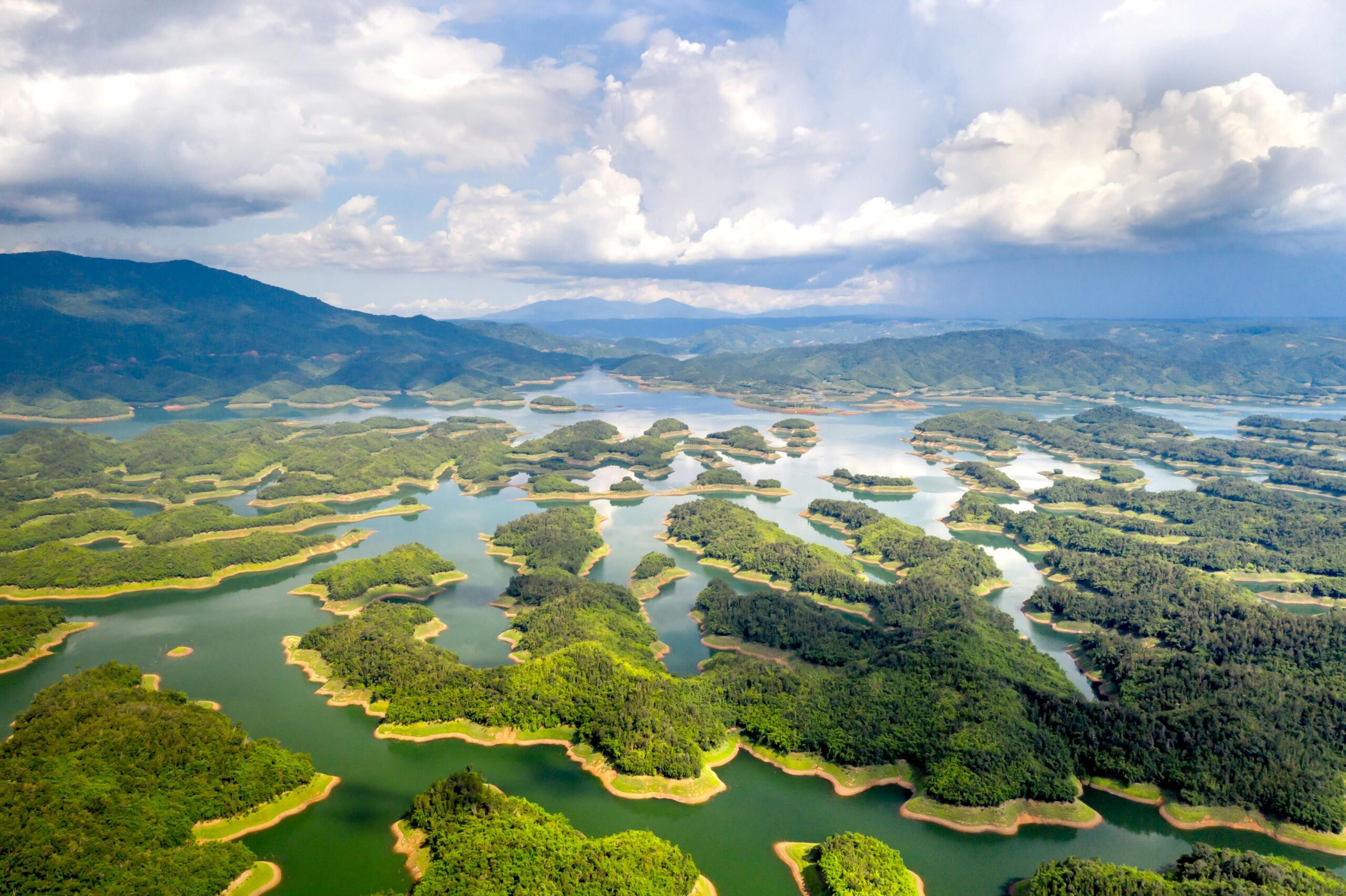Indonesia’s Ministry of Agrarian Affairs and Spatial Planning/National Land Agency and lawmakers in the House of Representatives have recently reaffirmed that foreigners are not allowed to directly own land or islands in the country.
While their statements may seem slightly different, both parties agree that any foreign interest in Indonesian land must follow investment regulations—specifically by establishing a legal entity within the country.
Indonesia’s Minister of Agrarian Affairs and Spatial Planning/National Land Agency, Nusron Wahid, explained that land rights in Indonesia are limited to Indonesian citizens and legal entities registered in Indonesia. Foreigners, however, can access land by investing and forming a company under Indonesian law.
“Foreigners are not allowed to have land rights. If there is a legal entity established in Indonesia that partners with an Indonesian citizen or business, and it fulfills the criteria as a legal entity under Indonesian law, then it may obtain land rights,” said Nusron Wahid as quoted by Kumparan on Tuesday, June 25, 2025.
Meanwhile, DPR Commission II member Dede Yusuf echoed a similar sentiment, though his explanation focused more on the current mechanism rather than legal restrictions.
He clarified that foreigners can access land or island use through rental schemes such as the Right to Build (HGB) or Right to Cultivate (HGU) certificates—permits that have long been available under Indonesian land law.
“Actually, islands can be rented using HGB or HGU. That’s what’s been happening all this time. So it’s not about direct ownership. It’s about usage rights under specific terms,” said Dede Yusuf.
Though the two parties used different terms and emphases, the key message remains the same: foreign individuals or companies must adhere to Indonesian regulations by setting up a legal entity if they wish to gain land use rights.
The HGB and HGU certificates are commonly used for this purpose, granting long-term usage—not ownership—of the land.
Warning Against Illegal Island Sale Listings
Aside from clarifying the rules, the Ministry of Agrarian Affairs and Spatial Planning/National Land Agency also raised concerns about misleading online advertisements offering islands in Indonesia for sale, many of which target foreign buyers. These ads have triggered public confusion and fueled the false impression that private island ownership by foreigners is legal in Indonesia.
To address this issue, Minister Nusron Wahid stated that his ministry had requested the Ministry of Communication and Digital Affairs to take down such advertisements.
“We have contacted Ministry of Communication and Digital Affairs to remove websites or digital ads offering islands for sale. This could create legal confusion and even give rise to unlawful transactions,” he said.
He stressed that such offers may violate existing laws and mislead the public into thinking foreigners can easily buy land or islands in Indonesia without following legal procedures.
The statement follows public outcry over several websites that appeared to list Indonesian islands—complete with pricing and specifications—as if they were real estate assets openly available for private sale.
Reinforcing Land Sovereignty
Indonesia maintains tight control over land ownership to protect national sovereignty. The law explicitly prohibits individual foreigners from owning land titles in Indonesia. Instead, they are allowed limited use through registered entities, provided all legal and business conditions are met.
Both Ministry of Agrarian Affairs and Spatial Planning/National Land Agency and the House of Representatives agree that regulation and oversight are necessary to avoid loopholes that could jeopardize national interests.
By encouraging investment through proper legal channels, the government ensures that land use remains under national control while still allowing business and tourism to flourish.
“We support investment, but it must be regulated. There should be no impression that foreign citizens can simply buy our islands,” Nusron Wahid concluded.
Source: Kumparan, Ini Balikpapan, Tirto
Photo Credit: Quang Nguyen Vinh (pexels,com)


